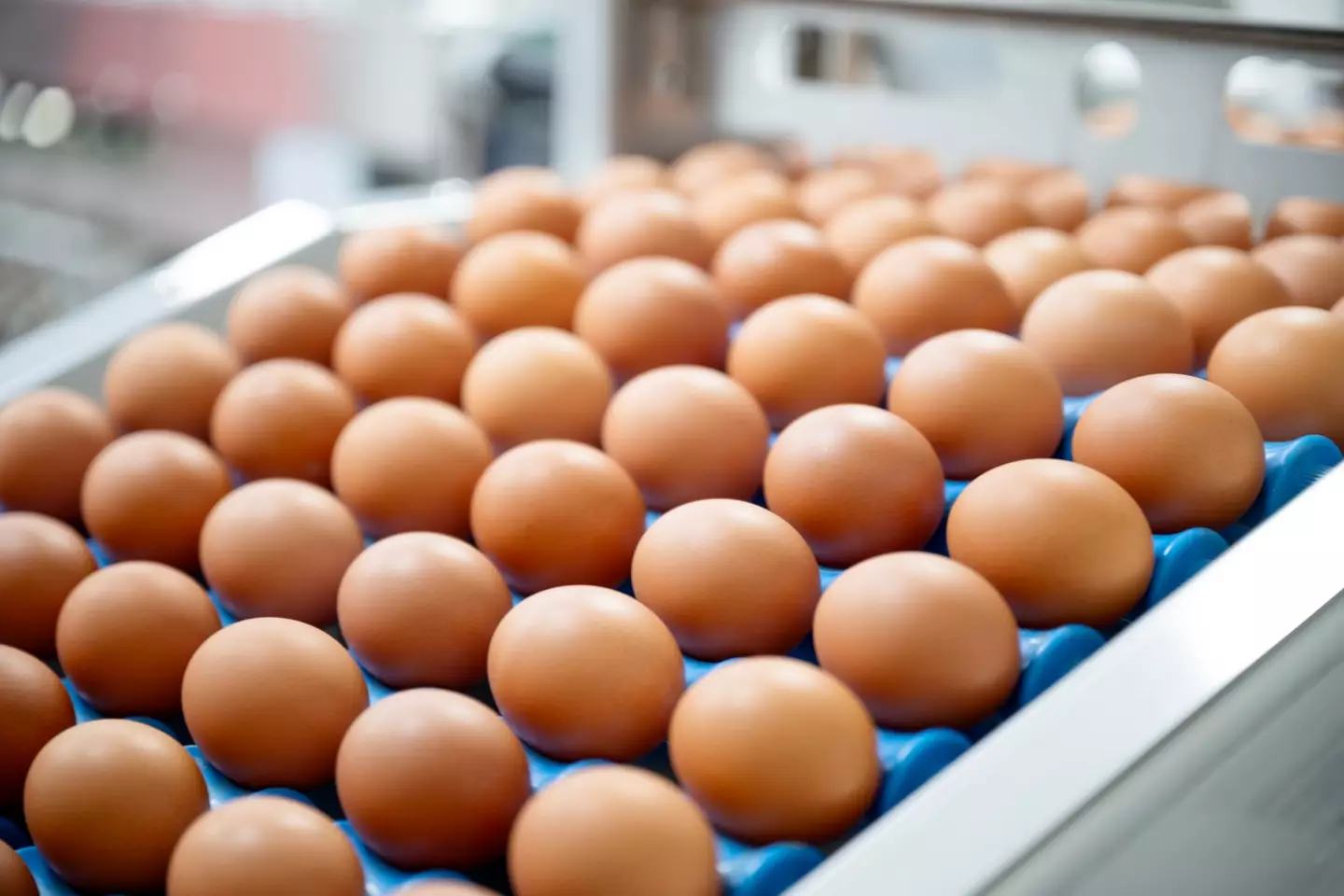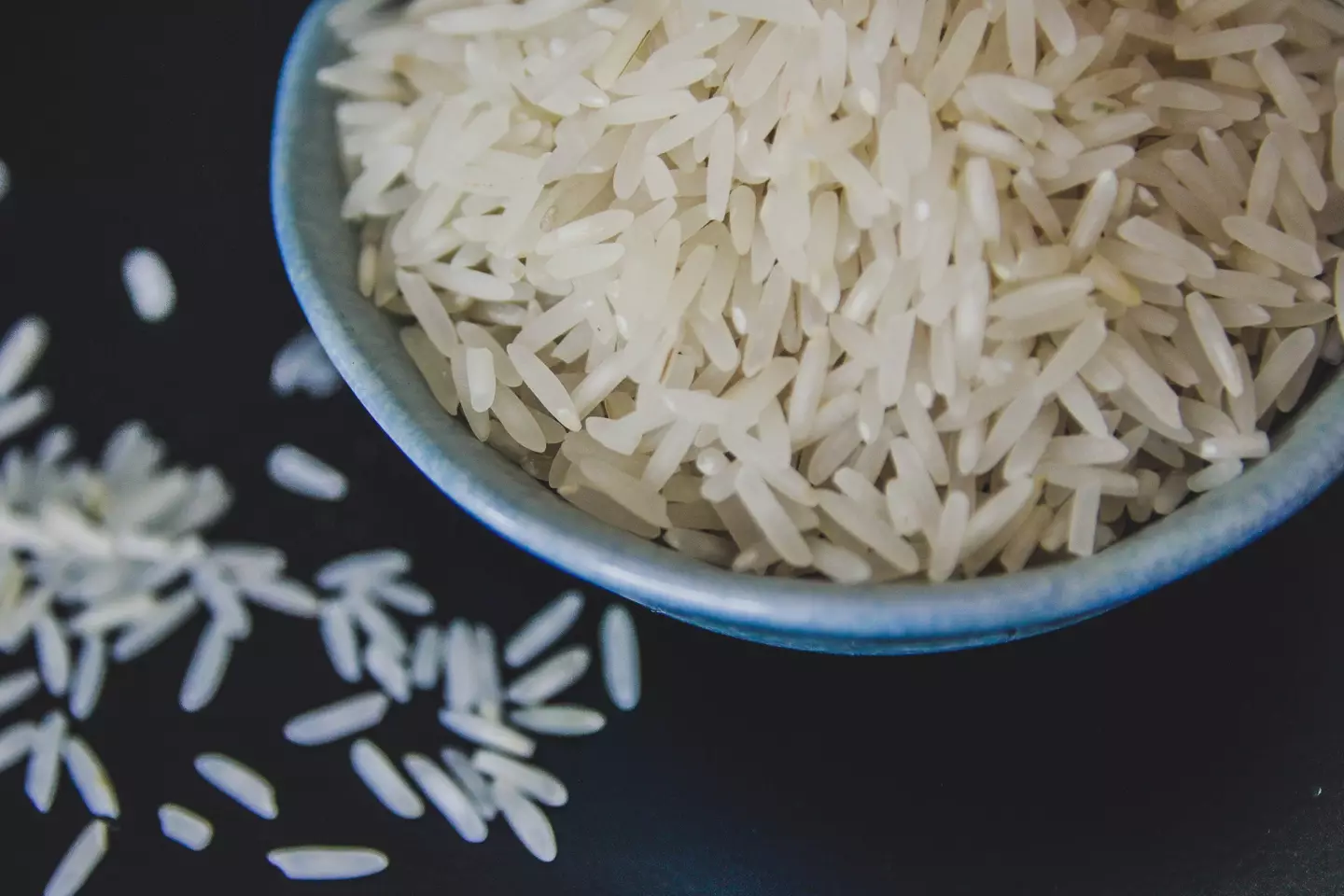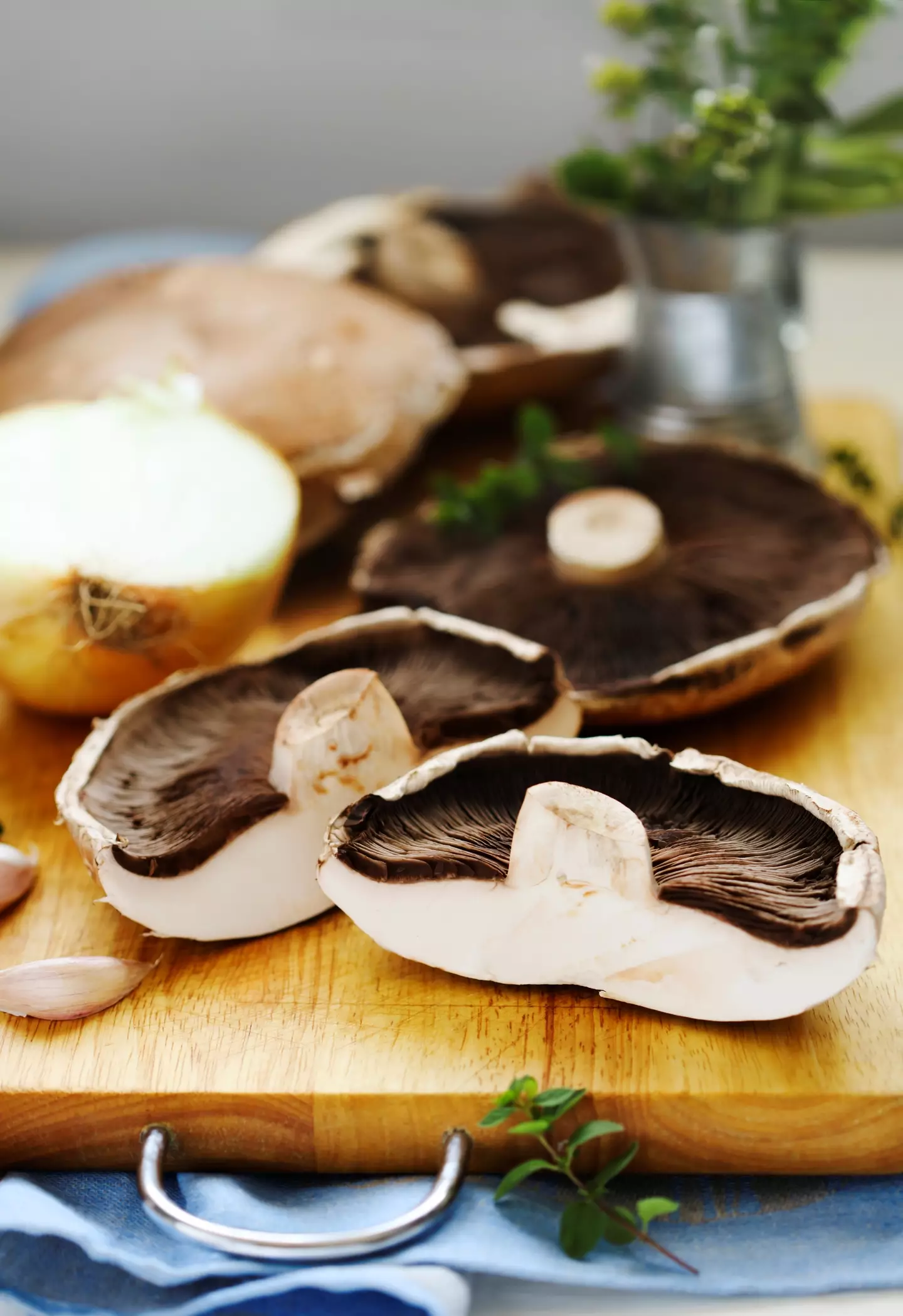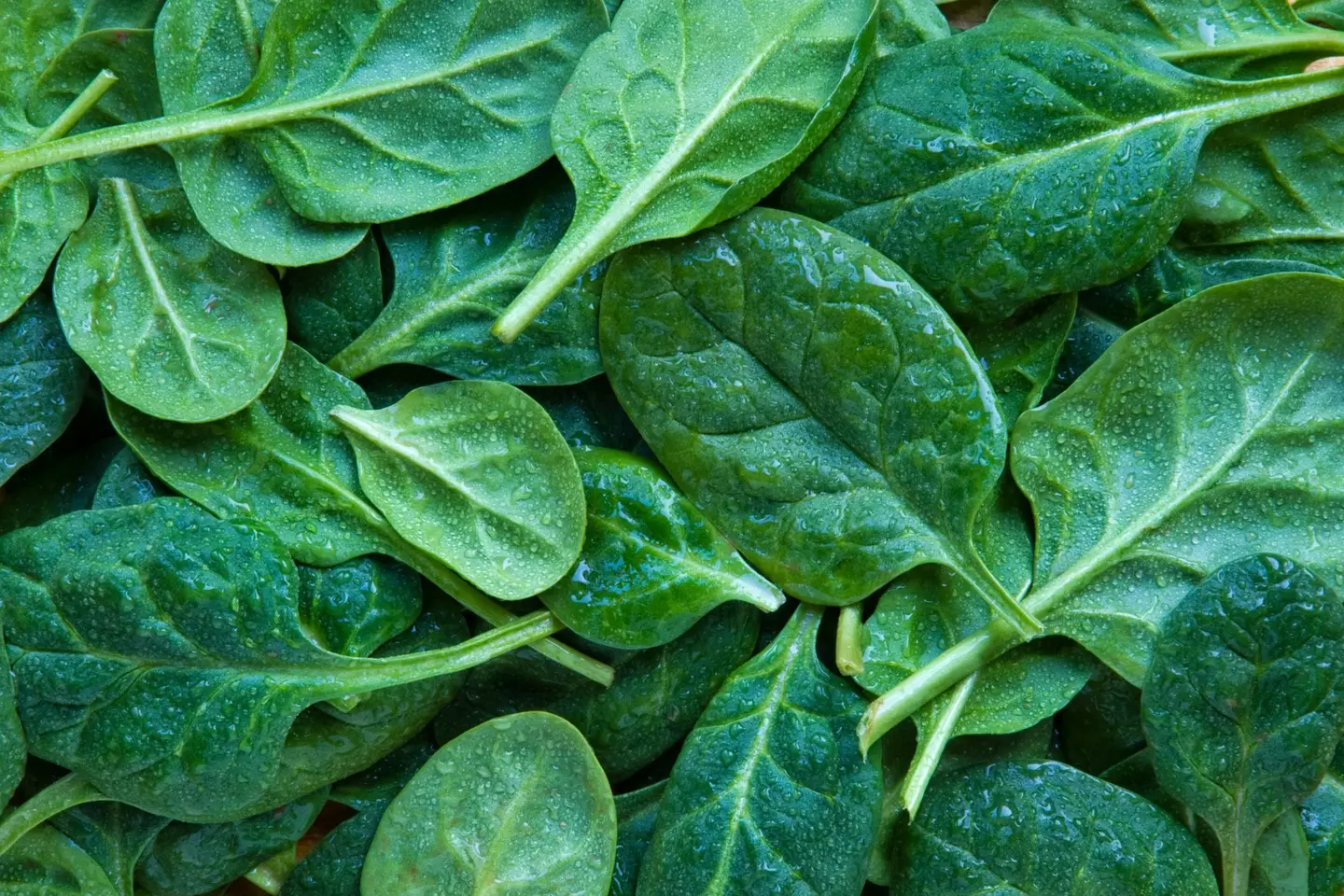Here are five common foods that experts advise against reheating due to possible health concerns.
In today’s hectic work environment, it’s not unusual for individuals to prepare meals in bulk and heat them up later for a quick dinner after a long day at the office.
Yet, some foods might require a second thought before reheating, as it can negatively impact our health.
Dr. Stacey Duvenage from the Natural Resources Institute at the University of Greenwich mentioned: “In an effort to reduce food waste, people often save leftovers for another meal.
“Nevertheless, precautions should be taken during preparation and reheating to avoid food poisoning and preserve nutritional value.”
So, which foods should you avoid microwaving?
Most of us probably wouldn’t consider reheating eggs, but if you do, it’s worth reconsidering.
Dr. Duvenage emphasizes that eggs should never be reheated.

“They’re widely consumed due to their convenience, affordability, and health benefits, but reheating leftover eggs is not recommended,” she stated.
“Reheating can cause protein oxidation, potentially leading to cancer-causing substances in the food.”
Rice is another food that should be approached with caution.
Once cooled, cooked rice may harbor Bacillus cereus, leading to symptoms like vomiting, diarrhea, and abdominal discomfort.
“These spores can survive cooking and multiply if rice is left at room temperature,” explained Dr. Duvenage.
“This bacterium can produce toxins resulting in food poisoning.”

Dietician Harini Bala on TikTok suggests a few strategies to reduce risks if you decide to reheat rice.
“Reheat only if it’s stored within two hours after cooking in an airtight container in the fridge,” she advised.
“Leaving rice out in the morning and refrigerating it at night increases the likelihood of Bacillus cereus growth.”
Dr. Duvenage noted that reheating mushrooms not only affects their texture but also decreases their protein and nutrient content.

“Similar to eggs, protein oxidation in mushrooms can make them carcinogenic,” she explained.
Leaving mushrooms at room temperature can cause stomach issues or other digestive discomforts.
Seafood generally reheats well, but storage between cooking and reheating is crucial.
“Reheated seafood is safe if prepared and stored correctly right after cooking,” Dr. Duvenage advised.

For the safest food experience, consume seafood within 24 hours of cooking to avoid symptoms like diarrhea and vomiting.
Reheating spinach isn’t generally recommended, though guidelines have evolved over the years.
Oxalic acid, previously a concern, was thought to increase kidney stone risk, deterring many from reheating spinach.

However, the European Food Information Council now suggests: “Spinach can be safely reheated if proper cooling, storage, and reheating protocols are followed.”

